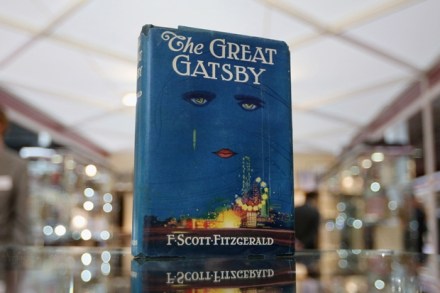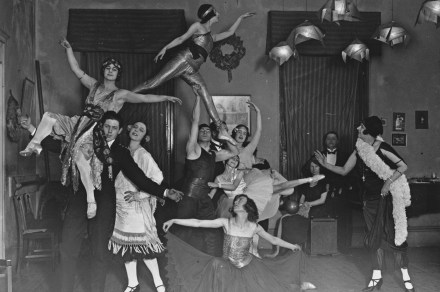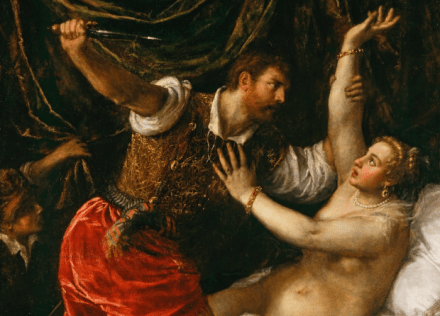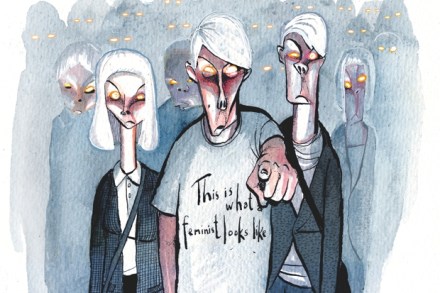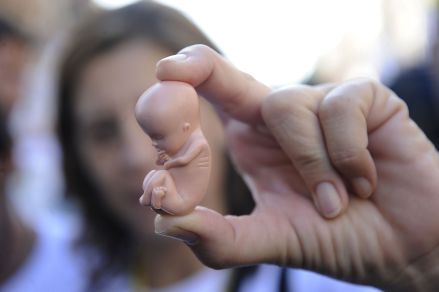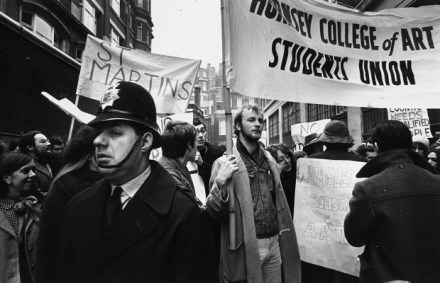Will you survive the Delingpole Era? See below…
Things I am going to ban when, by popular acclaim, I am elected your Dictator For Life in 2016. 1. Onions where the brown skin doesn’t come off easily. You know the ones: where the papery outer layer clings so tightly that you have to pick it off laboriously with a sharp knife and it takes forever. I hate these onions so much. I’m pretty sure they’re all foreign, though I may be mistaken. 2. Slimline tonic water. (See also: Diet Coke; semi-skimmed milk) ‘Oh? Is it really? Sorry about that. I think it’s all we’ve got.’ ‘Aspartame? Oh, is that not good?’ ‘Not sure I can



